Star Trek Actor Gives Better Performance By Being An Outsider
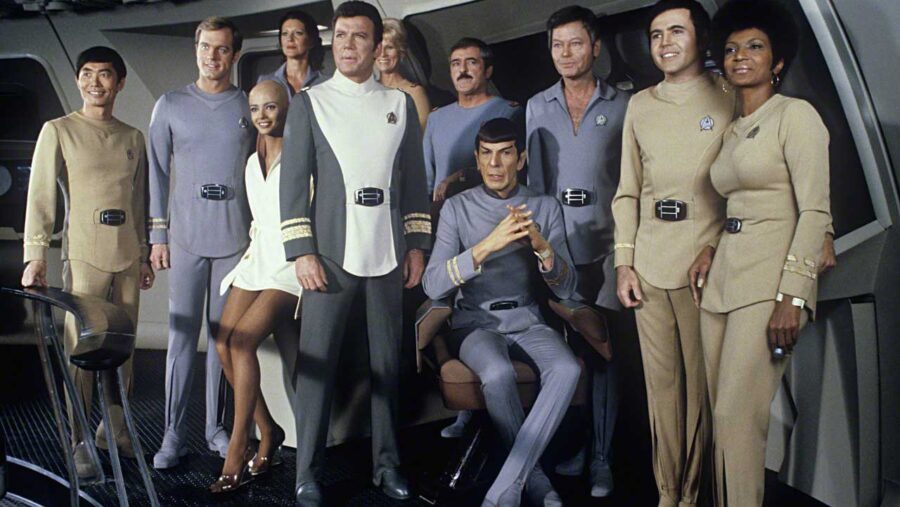
While there are some exceptions (the friction between Kate Mulgrew and Jeri Ryan on Voyager springs to mind), Star Trek shows and films typically have a very tight-knit cast that works and plays together with the same fierce loyalty as their onscreen crew. That usually makes for better performances all around, but this wasn’t the case with the man who played Will Decker. Stephen Collins brought this new character to life in Star Trek: The Motion Picture, and he later said that his performance was helped by the fact that he felt like an outsider who was thrust upon the returning Original Series crew.
Captain Decker
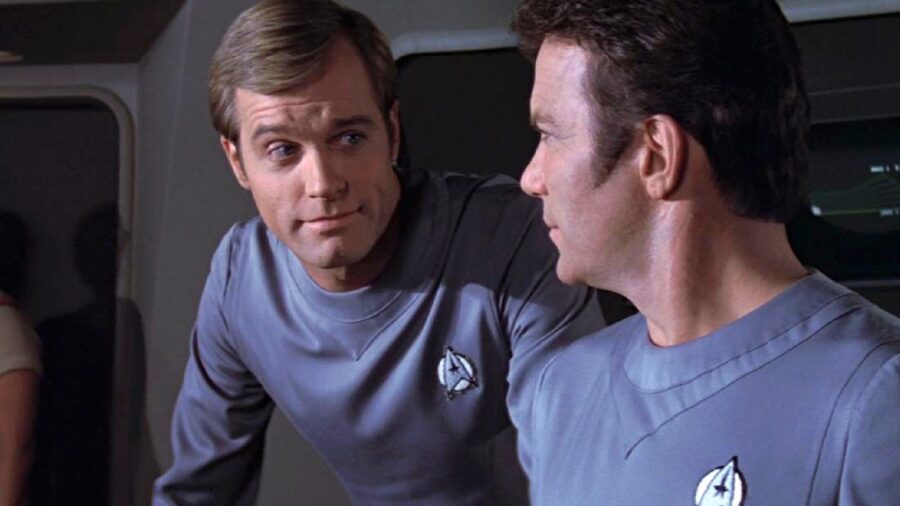
For all this to make sense, we need to review who Stephen Collins played in this first Star Trek film. His role was Will Decker, the ambitious young Starfleet officer who was going to captain the refitted Enterprise after Kirk finally accepted a promotion to Admiral. When a mysterious entity named V’ger threatens the Earth, Kirk pulls rank to take command of his old ship, forcing Decker to become the first officer (complete with a humiliating temporary demotion from captain to commander).
Reality Imitated Fiction
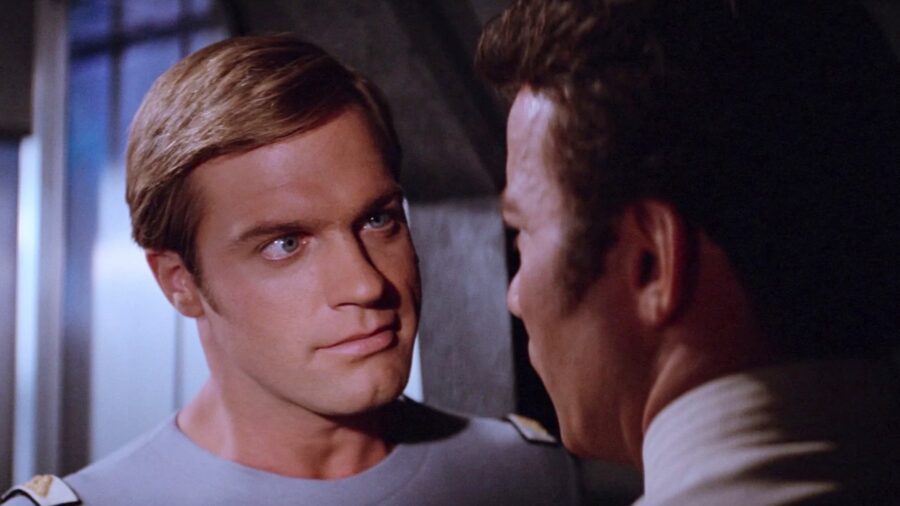
This set up plenty of friction between Stephen Collins’ Decker and William Shatner’s Kirk, and Star Trek fans inevitably took Kirk’s side over this young interloper they had never seen before. Such a relationship was part of the plot, of course: Kirk eventually realizes he has much to learn from the young man just as Decker realizes the older man has much to teach him. Still, the fractious relationship between the newcomer and the old crew is a major part of the film, and to hear Collins tell the story, accurately represented his actual experience of dealing with William Shatner and the rest of The Original Series cast.
An Outsider On Screen And Behind The Camera
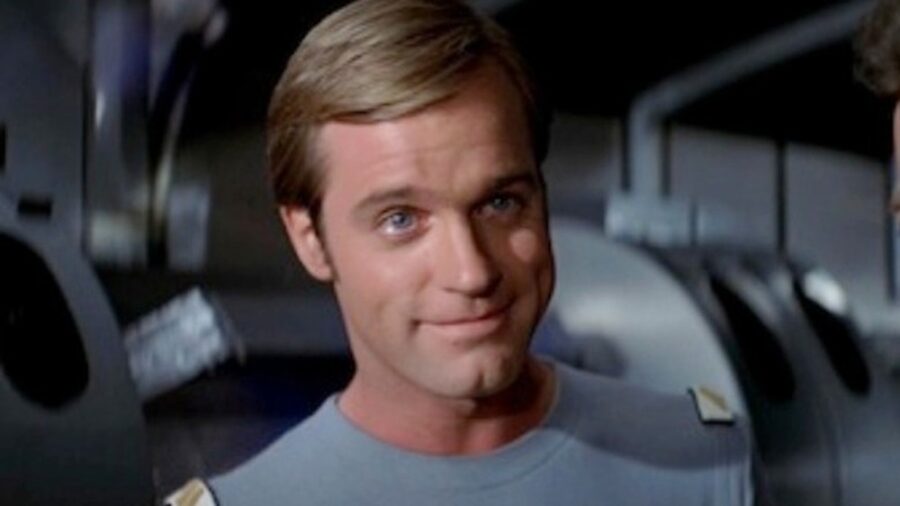
Stephen Collins revealed in “A Bold New Enterprise – The Making of Star Trek: The Motion Picture” (a special feature on the Director’s Edition DVD of the film) that he felt the original cast had a very tight bubble and, as the newcomer, he was intruding on them. Instead of treating this as an interpersonal problem, however, he treated it as something to enhance his performance. “Some of that really helped in terms of the part I played,” he said, “because I was supposed to be this outsider who they had to have along on the trip.”
Collins Blamed Nimoy And Shatner
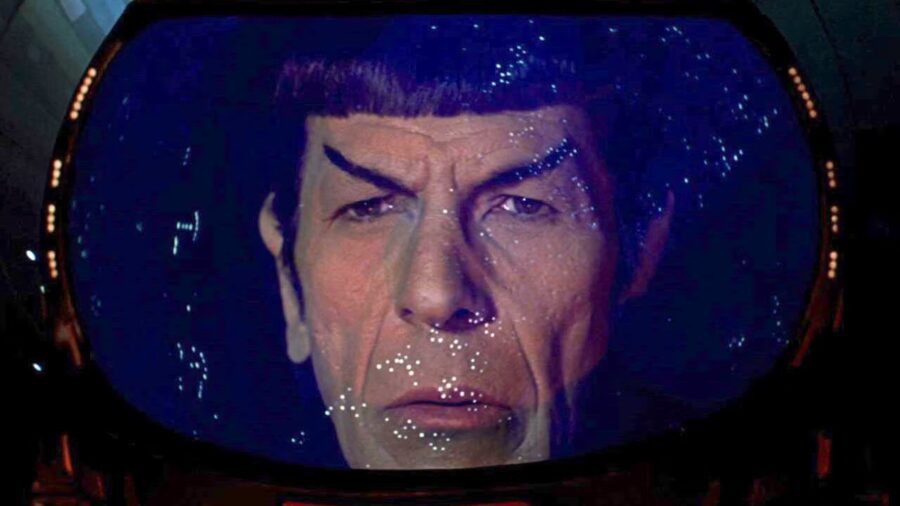
Given that anecdote, it’s clear that Stephen Collins didn’t have any regrets about not fitting in with the tight-knit cast of Star Trek: The Original Series. He had more regrets about the various script changes that greatly reduced Decker’s role and made him a much more “two-dimensional and uninteresting” character. Ironically enough, this might have been another effect of being an outsider: he blamed the fact that William Shatner and Leonard Nimoy had script approval for his own character’s role being significantly reduced in the final film.
An Inspiration For Will Riker

Here’s some more irony: Stephen Collins’ legacy as a humorless Star Trek character continued into The Next Generation in an unexpected way. Originally, Riker was loosely based on this character (hence, why “Will Riker” sounds a lot like “Will Decker”), and Gene Roddenberry weirdly didn’t want the Enterprise-D first officer to smile early on. Therefore, Stephen Collins’ humorless Star Trek character ended up inspiring “the next generation” of humorless first officers.
Disgrace

Eventually, of course, Jonathan Frakes’ Riker grew his beard out and learned how to smile. Stephen Collins, however, never returned to Star Trek, furthering his career with other endeavors (notably, the Christian show 7th Heaven) before later admitting to “inappropriate sexual conduct with three female minors” from 1973 to 1994. This effectively ended his career and forever cast a shadow on his earlier roles, including Will Decker.












